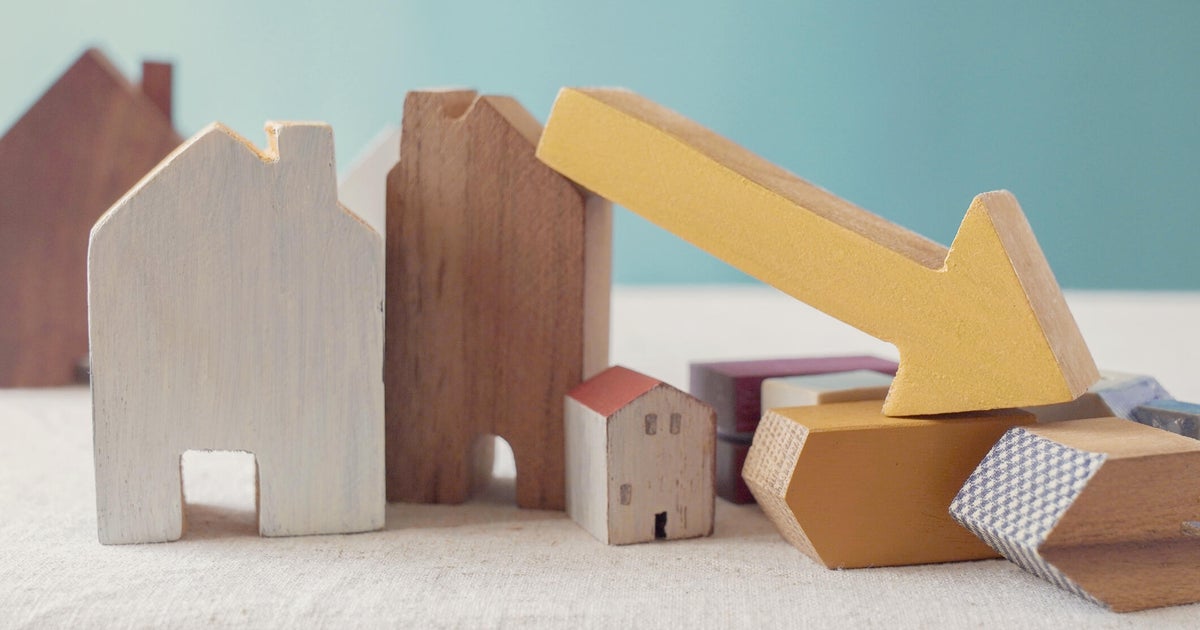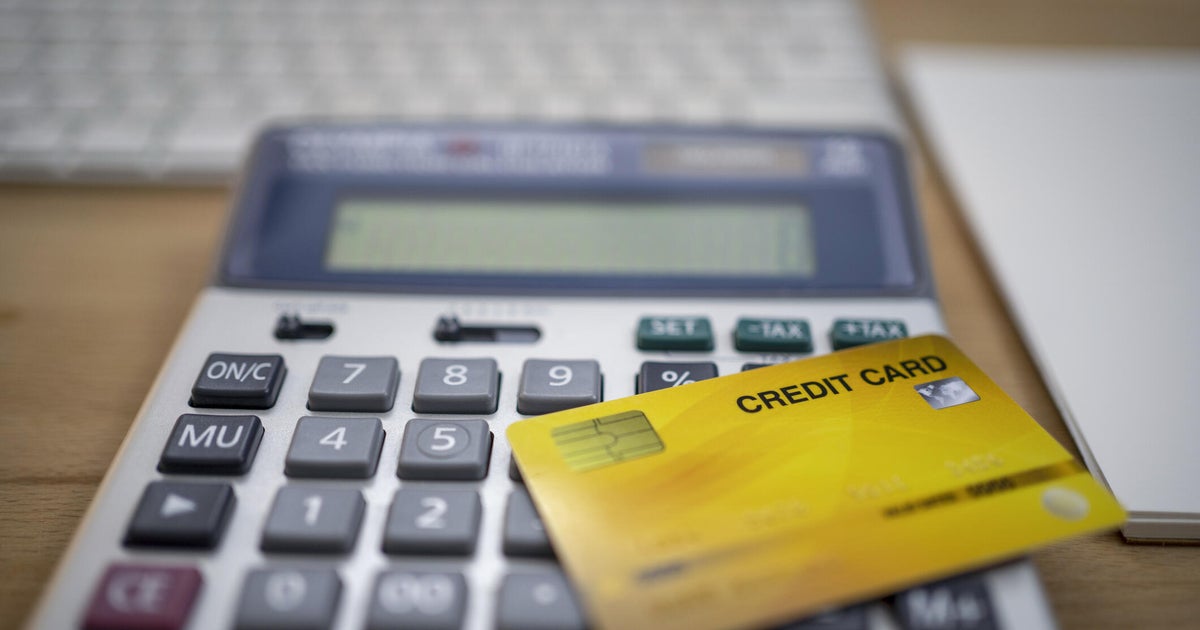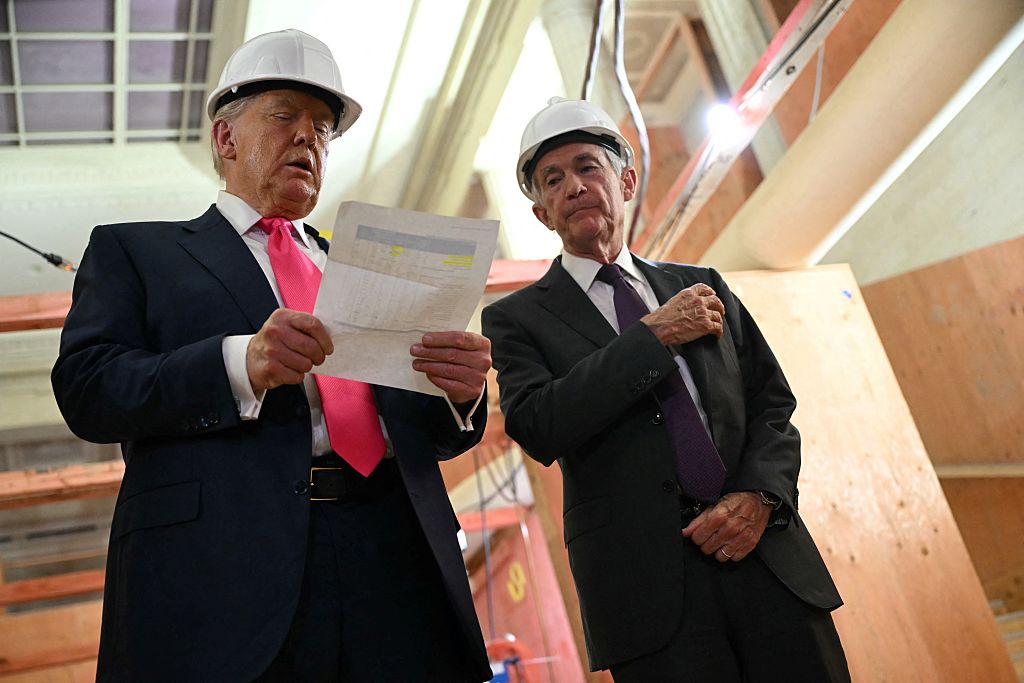Why small businesses shouldn't take on too much debt
The Federal Reserve shows no signs of slowing down its interest-rate hikes, with most economists expecting the Fed to reveal another rate increase in mid-December. That could spell trouble not just for would-be homebuyers but for small businesses looking to expand.
"The most important piece of economic information that firms use when they're constructing investment plans is the cost of investment -- how much does investing cost now, and how much will it cost later," Gary Richardson, professor of economics at the University of California at Irvine, told CBS News recently.
Unpredictable public policies is just one reason it pays to be careful when taking on debt for a small business. Loading up on debt is the biggest mistake most small businesses make, Frances Newton Stacy, director of strategy for Optimal Capital, told CBSN. It's a particularly easy mistake to make in boom times, when consumer spending is at a peak.
"When businesses are growing and there's a lot of 'free money' in circulation, people do these projections...and they can be completely off," she said.
She recommends looking at sales and revenue projections realistically, including playing out how your product might do in a worst-case scenario.
If you have a niche product with a devoted customer base, that could make your business close to recession-proof, she said. Otherwise, business owners should make sure they're at least breaking even and have a wide range of customers before taking on bigger commitments, she said.
Among those commitments: A lease for a storefront. Most leases require a personal guarantee from the tenant—meaning if the business goes south, the owner of the small business could be on the hook for monthly payments.
"Anytime you sign a personal guarantee, that debt stays with you forever," Stacy cautiones.
That means being extra-sure your business can withstand future changes before signing the lease -- and waiting, if necessary, to build up a cash cushion. The typical small business has less than a month's worth of cash on hand, according to JP Morgan Chase.
-- CBS News' Irina Ivanova contributed reporting



